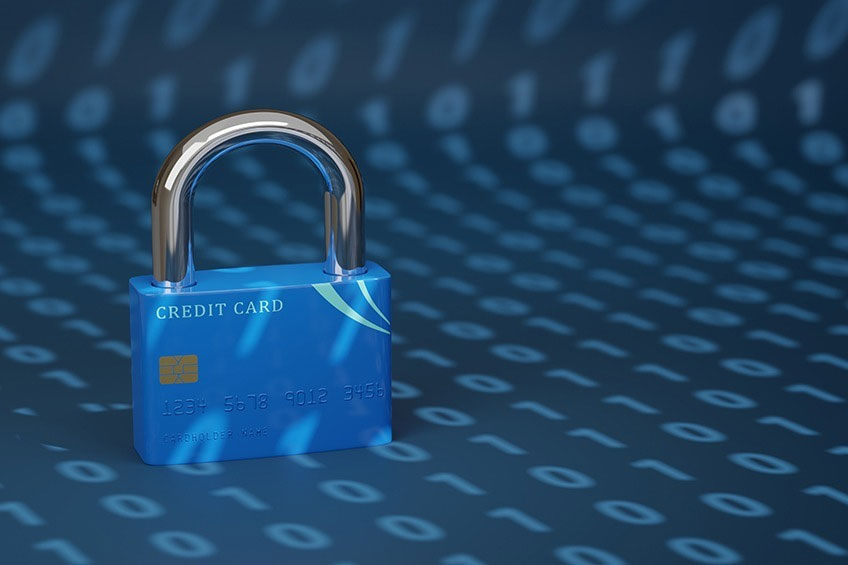It’s no secret that many people are turning to the internet to make money transfers. Whether it’s paying bills, sending money to family or friends, or even buying something online, the convenience of being able to do it all from your computer is hard to resist.
However, there are a few things you should keep in mind before transferring money to someone online. By taking a few precautions, you can help ensure that your money transfer goes smoothly and that your personal information remains safe.
Here are a few things to consider before making a money transfer online:
1. Verify the recipient’s identity
Before you send money to anyone online, it’s important to make sure that you know who you’re dealing with. If you’re sending money to someone you don’t know, be sure to do your research and make sure that they are who they say they are.
There are a few ways you can do this. First, if you’re using a peer-to-peer payment service like PayPal, you can check to see if the person has a verified account. This means that PayPal has confirmed their identity and that they are who they say they are.
There are a few ways you can do this. First, if you’re using a peer-to-peer payment service like PayPal, you can check to see if the person has a verified account. This means that PayPal has confirmed their identity and that they are who they say they are.
2. Use a secure payment method
When you’re making a money transfer, it’s important to use a secure payment method. This means that you should avoid using methods like cash or wire transfers, which are not traceable.
Instead, opt for a payment method that offers buyer protection, like a credit card, PayPal or escrow. This way, if something goes wrong with the transaction, you may be able to get your money back.
3. Use a strong password
When you set up an account with a money transfer service, be sure to use a strong password. This password should be at least eight characters long and include a mix of letters, numbers, and symbols.
Avoid using easily guessed words like your name, address, or birthdate. And, don’t use the same password for all of your online accounts. If one of your accounts is hacked, using the same password for all of your accounts makes it easy for the hacker to access your other accounts as well.
4. Avoid clicking on unknown links or apps
PayPal and many other ecommerce store offer two-factor authentication (2FA) to help prevent hackers from stealing your personal information. 2FA requires users to enter a code sent via SMS or email after logging in. This helps protect against phishing scams where hackers try to trick you into revealing sensitive information.
Another risk is that some websites require you to download apps to complete transactions. These apps often contain malware that steals your credit card number and sends it off to criminals.
To avoid these problems, be cautious when clicking on unknown links or downloading apps. Always verify the URL of any link or app before opening it. Also, never give out your financial information over the phone unless you initiated the call yourself.
5. Keep your computer secure
It’s important to keep your computer secure when you’re making a money transfer. Be sure to have a strong anti-virus program installed and running. Additionally, keep your operating system and other software up to date.
By taking these precautions, you can help ensure that your money transfer goes smoothly and that your personal information remains safe.
Conclusion
There are a few precautions you should take before transferring money to someone online. First, be sure to use a reputable and secure site or service. Second, make sure that the person you are sending money to is legitimate and that you have their correct information. Finally, be sure to keep your own information safe and secure. By taking these precautions, you can help to ensure that your online money transfer is safe and successful.


